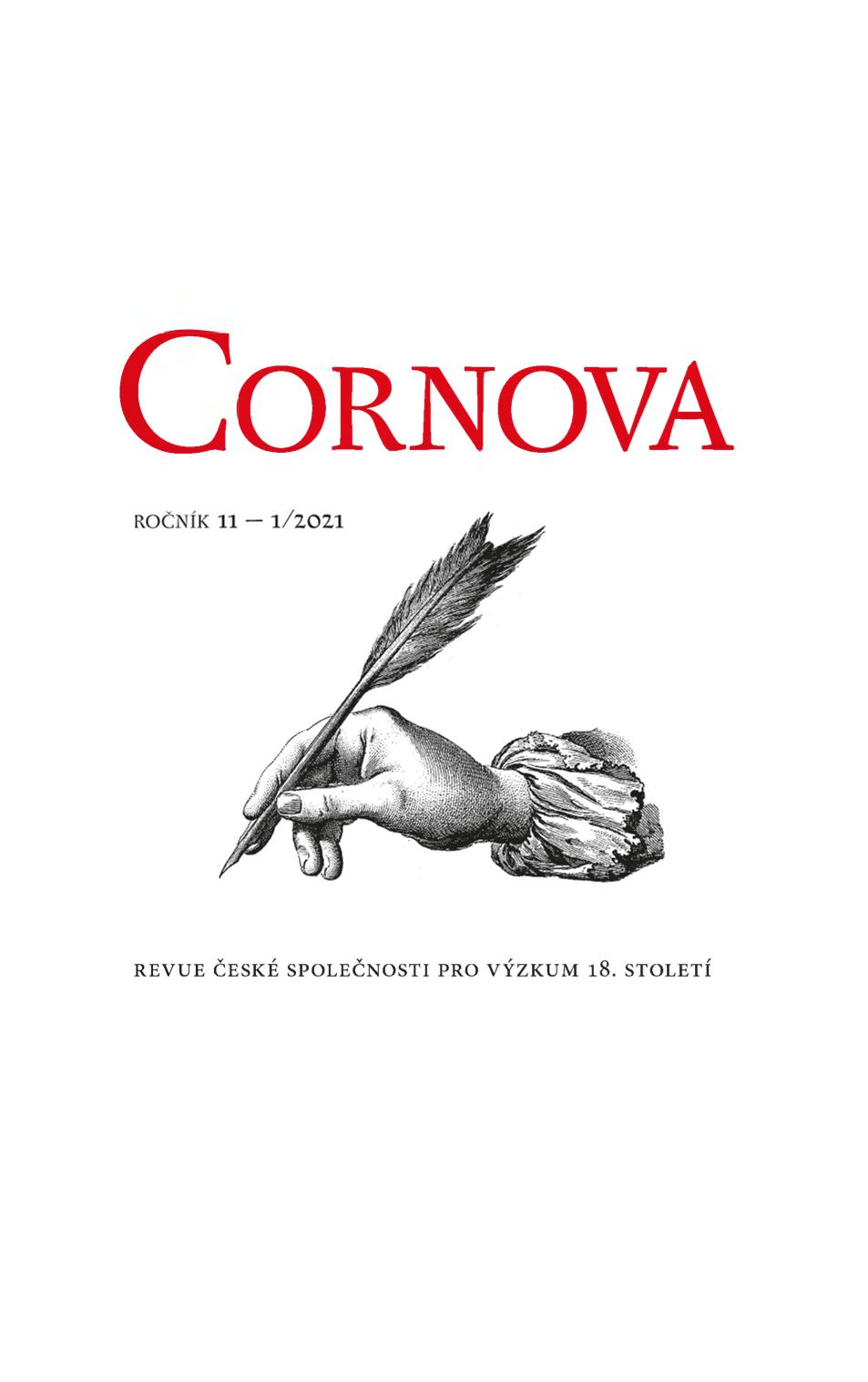Kněžský celibát v pohledu teologů doby osvícenské v českých zemích
Clerical Celibacy as Perceived by Enlightenment Theologians in the Czech Lands
Author(s): Vit PěčekSubject(s): Christian Theology and Religion, 18th Century, Pastoral Theology
Published by: AV ČR - Akademie věd České republiky - Ústav pro českou literaturu
Keywords: Celibacy; priest; Enlightenment; controversy; Catholicism; theology; purity;
Summary/Abstract: This article looks at the debate on clerical celibacy among Czech theologians during the Enlightenment. Drawing largely on their writings, which in many cases served as textbooks in the training of future priests and thus had a significant impact, it analyses the origins, arguments and course of the debate. Doubts about the future of celibacy first appeared in canon law in the 1770s, conditioned in part by secular factors such as populationism. In the late 1780s clerical celibacy was publicly challenged by influential university theologians such as the church historian Kaspar Royko in Prague and the theologian Josef Lauber in Olomouc, a former Jansenist. Their main argument was the widespread non-compliance by priests and its harmful social consequences. The law also had its defenders (e.g. Franz Christoph Pittroff), whose main argument was the traditional one of the need for purity in the Eucharist. During the 1790s the public controversy about celibacy disappeared; but for many years the discourse on the subject remained strongly influenced by Enlightenment thinking.
Journal: Cornova
- Issue Year: 11/2021
- Issue No: 01
- Page Range: 63-89
- Page Count: 27
- Language: Czech

